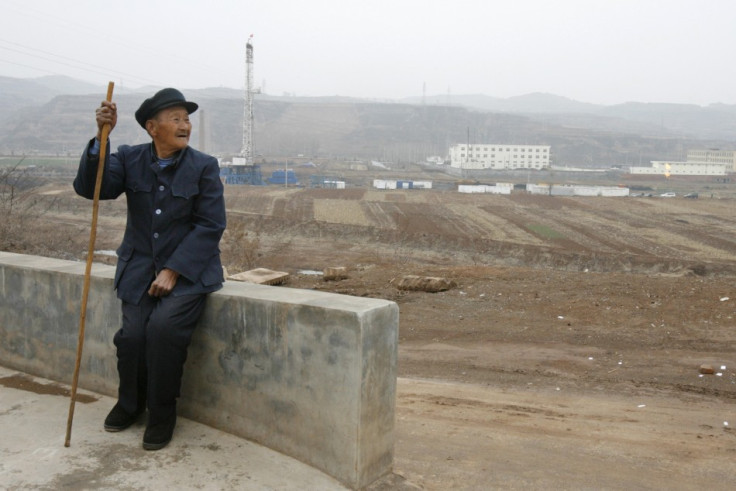'Super-Ageing Society' China Eyes Retirement Age Hike to Ease Pensions Burden

Chinese officials are considering a rise in the country's retirement age in order to reduce the financial burden from its pension bill, as the Asian giant is set to become a "super ageing society" by 2035.
The suggestion comes from a new pension scheme drafted by experts from Tsinghua University. The scheme proposes an initial retirement age for both men and women of 65 in 2030, according to the state's official Xinhua news agency.
Currently the retirement age to receive a pension is 60 for men and 50 for women.
Yang Yansui, one of the Tsinghua University experts who worked on the scheme, said in a People's Daily report that the age of 65 could be adjusted for labourers undertaking difficult work. The age was chosen to reflect the pace of ageing in the world's most populous country.
Super-Aging Society
By 2035, China will have a so-called "super ageing society", where every two working people will have to support one elderly person, according to Yang.
"We should promote pension reform to prepare for a heavy financial burden," she said.
She added that the scheme, which was unveiled on 12 August to solicit feedback from the public, is about the delay to receive pensions, not the delay to retire.
"The initial pension age and the retirement age are two different things. People can decide to quit work before getting old-age pensions as long as they have made their contributions as required," Yang said
Criticism of the Pension Proposal
Several surveys conducted by local media found that the public was not in favour the policy.
"What the government really wants is for you to retire at 50, give younger people the jobs, and only give you your pension at age 65," wrote a user called Wenrou Xiangli on China's Twitter-like Sina Weibo microblogging service, reported the Wall Street Journal.
"The 15 years in between - you take care of that yourself."
On Tuesday, Tang Jun, secretary-general of the social policy research centre of the Chinese Academy of Social Sciences, also criticised the proposal, according to the Journal.
In an essay, he asked whether China could guarantee every worker would be able to work until 65 and that younger workers would still be able to find employment.
"It will create resentment among the older workers and anger from the youths when they can't find jobs," he wrote.
© Copyright IBTimes 2025. All rights reserved.





















